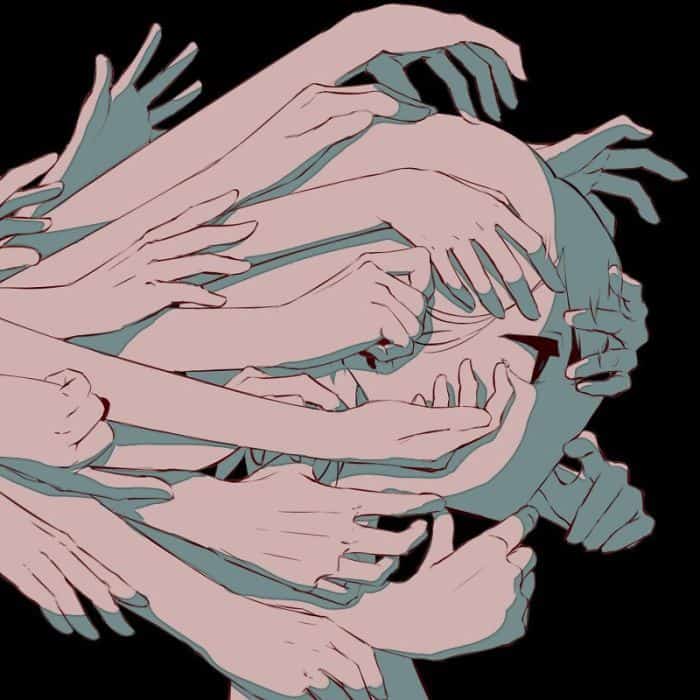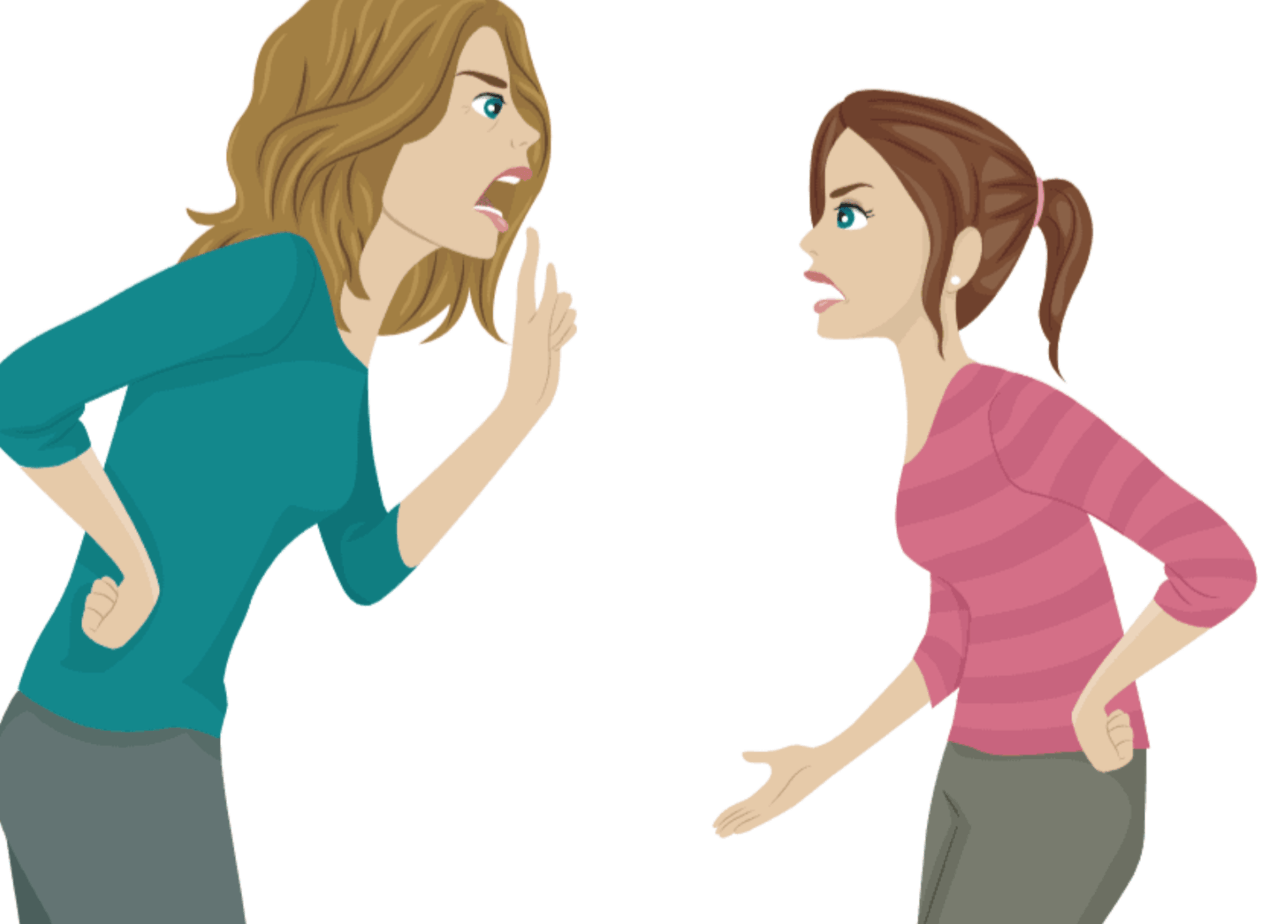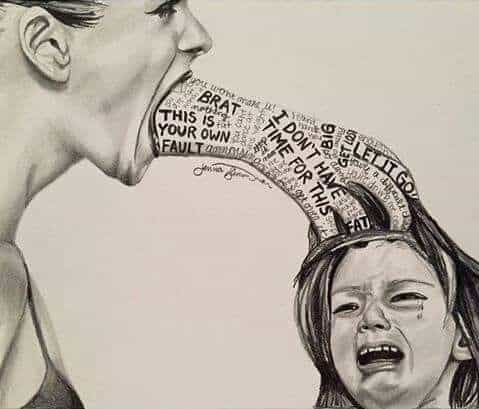In 2016, the number of people estimated to be suffering from mental health issues like depression and anxiety amounted to roughly 1.1 billion. Since then, numbers have likely continued to rise. Moreover, studies have also shown women especially on average are a) more likely to suffer from mental health issues, and b) less likely to talk about them. The taboo in Pakistan surrounding depression and anxiety disorders only serve to aggravate the individuals suffering even more. For the women who cannot seek out full time therapy, we’ve enlisted the help of a trained therapist. You sent us in your questions – here are the answers!

‘I am a 12th grade student. I am 17-years-old and I really want help. My mother and I have always had a toxic relationship. We fight all the time, every day. I am crying while writing this even though I believe in hope. My so-called mother annoys me, always demotivates me and shouts at me for small petty reasons. This has been happening since 6th grade. She is not understanding at all. Now because of the pandemic, the emotional and mental stress has crossed all boundaries. I don’t know what to do. I have nightmares. I have symptoms of mild depression. Please help me. How do I deal with this because it has affected my health externally and internally?’

Shahrukh’s Response:
Dear Anon,
I can only imagine how difficult your situation must be right now. Toxic relationships can have such a strong impact on one’s emotional well-being, especially in the case of those that are in close proximity, not just in terms of physical distance, but in relation as well. When we get into the matter of toxic parents, one thing to note is that our primary caretakers are essentially responsible for not only our relationship with the world around us, but also with ourselves. It’s entirely possible that they can be the root and the trigger to a lot of the distress that you might be experiencing right now. Let’s dive a little deeper into the matter and see if we can give you some tools to help you ground and keep yourself safe.
Toxic Parents: Trying To Change Them Is An Uphill Battle
At a certain point in my training as a therapist, and on my own journey of learning, one thing I learnt was that there is very little control we have over the people in our lives. While we can try to influence them, or persuade them to change, there is very little we can do if they choose not to. So, at the end of the day, what can we do?
Protecting Yourself Emotionally I – Staying Aware
One of the things that we end up doing when dealing with difficult relationships is disengaging with the person in question. They will try to engage you by criticising you, or drawing you in with comments that might get under your skin. One of the most important things you can do for yourself is staying aware of what is going on for you when she says things that impact you.
- How/what did her words make you feel?
- What did it bring up for you?
- How often does this happen?
- Are there any specific situations where this comes up?
Staying aware of your triggers will help when it comes to grounding yourself later on. The more you reflect, the better your understanding will be.

Protecting Yourself Emotionally II – Disengaging and Self-Soothing
Once you’ve explored your triggers, and the situations in which they come up, it would now be time to connect with ways in which you are able to stay grounded, even in the face of your triggers.
Difficult emotions such as anger, anxiety, sadness or even fear can bring up quite a lot, and at times they can feel heavy, especially when accompanied by overwhelming thoughts and physical manifestations of those emotions. Once you are able to identify what you’re experiencing, it might help to move towards some techniques, words of comfort, or actions that might help ease some of those sensations:
- Journal about it.
- Speak to a counsellor/therapist
- Call a friend/family member who makes you feel safe.
- Practice self-compassion exercises.
- Engage in an activity that makes you feel lighter.
- A warm shower or bath.
- Meditation.
- Exercise.
When you’re in a scenario where your mother is criticising you for something, it is important to remember that she could be projecting her own frustrations and expectations onto you. It might help to just set up some emotional barriers, and try to avoid explaining or justifying your actions. All you’ll end up doing is draining yourself of your own energy.
Protecting Yourself Emotionally III – Effective Communication
When dealing with someone who is toxic, or generally difficult, it helps to try and remain calm and listen to what they have to say. Once they are done, you may choose to walk or continue the conversation. In the case of the latter, it helps to speak in “I” statements. In the context of any conflict, one can often get stuck in a spiral of blame – and this can leave both parties in a state of aggravation. If you keep to “I” statements, you minimise the feeling of defensiveness from the difficult person, while also taking ownership of your own feelings. If they still respond from a place of blame, then you know it’s time to disengage for the time being, and maybe re-visit the idea when they’re calmer.

At the end of the day Anon, parents, like us, are a collection of their own previous experiences. Toxic parenting is usually passed down generationally, and can continue on unless it is consciously broken. What you are experiencing right now is heavy and it’s painful, but remember, this has very little to do with you. It might be worth it to further explore how this is impacting you.
Toxic parenting is usually something that has a bigger impact than we realise. As I said earlier, parents are the ones who influence the relationship we have for ourselves the most. When we’re young and unaware of the world around us, our parents are the ones we turn to for guidance and support. You could say that they are the artists to our blank canvas, especially for the initial years of our lives. In a way, they do help determine who we are. That being said, at a certain point, you do eventually become the artist of your canvas.
The truth is, maybe you won’t be able to completely match up to the person that she expects you to be, and there is nothing wrong with that. In situations such as this one, it’s important to practice and strengthen the voice of compassion within you in order to keep yourself safe and cared for. I would also highly recommend starting mental health counselling/therapy to further explore what might be going on for you. I hope you find the answers and sources of healing that you’re searching for, Anon. Best of luck!

The above article is written by Shahrukh Shahbaz Malik who is trained in humanistic integrative counselling at CPDD in the UK and currently has her own private practice in Karachi. The views expressed in this article are those of one expert. They do not necessarily represent the views of Mashion, nor do they represent the complete picture of the topic at hand. This article is for informational purposes only and is not a substitute for medical diagnosis or treatment.









What do you think?
You must be logged in to post a comment.